Having grown up on a family farm in Iowa, our expert Dan Norell reflects on his work today supporting rural farmers in Zimbabwe for National Farmer’s Day.
* * *
As we recognize National Farmer’s Day here in the U.S., I can’t help but think of my family farm in Iowa, as well as farms halfway across the world in Zimbabwe.
The juxtaposition of the two is fresh in my mind because I was recently at my family’s farm just before going to visit farming families in Zimbabwe supported by one of World Vision’s food security programs. I was struck by the similarity in lessons I learned growing up on my family’s farm and those being applied to farming in Zimbabwe, where hunger is a problem.
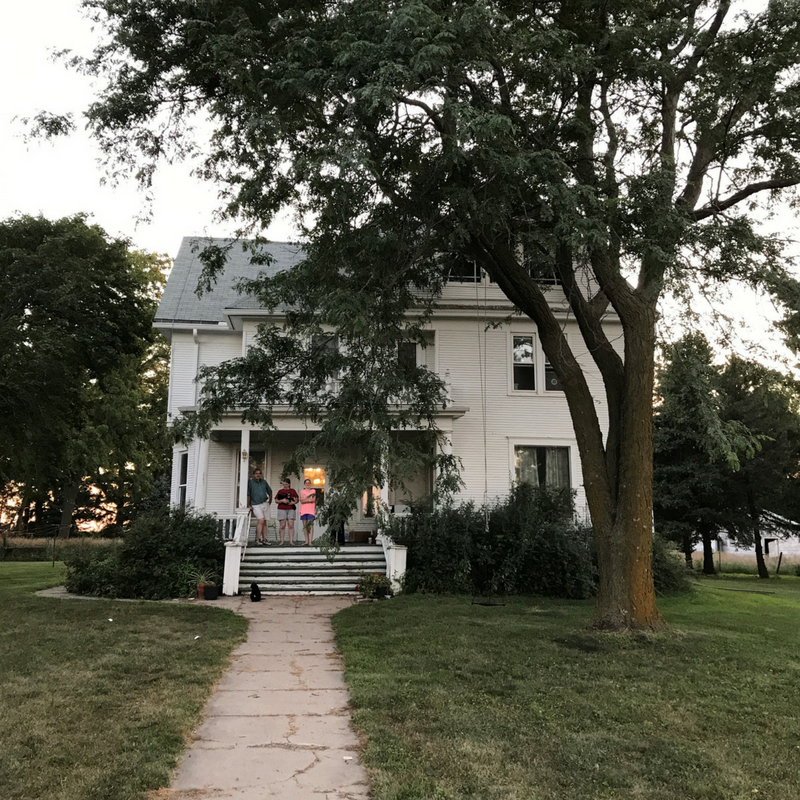
Saving and investing
One of my early life lessons on the farm was the importance of both saving and investing wisely in business activities. World Vision’s program in Zimbabwe — Enhancing Nutrition, Stepping Up Resilience and Enterprise (ENSURE), which is funded by the United States Agency for International Development (USAID) — uses savings groups as a way for people in the community to both save their money and lend to one another for business activities.
In the Zimbabwean communities where we work, savings groups are faced with economic challenges. Because the country is currently going through a cash crisis, these communities are compelled to barter used clothes for sorghum, a staple grain there. I visited one group of farmers where 38 people had saved their money to buy seed corn for planting, thanks to their savings group. They believe that things are getting better in their community — hope is a powerful motivator.
Stay in school
When my mother graduated from high school, her mother, who had only completed through third grade, insisted that she continue to teacher’s college, even though it was in the middle of the Great Depression and my grandparents were in the midst of bankruptcy and losing their farm. We were ingrained with the belief that education is a priority.
In Zimbabwe, rural families who are struggling financially have a hard time keeping their daughters in school. But if they do, they daughters can often avoid child marriage. When families make money with their crops and livestock, they can afford to keep their children in school, paying for various fees and books. World Vision and USAID are enabling them to do so.
Prevent stunting
When I was 5 years old, I asked my dad if I could drink coffee. He said I shouldn’t because it would “stunt my growth.” Today, World Vision’s food security staff is wrestling with how to reduce stunting where we work in Zimbabwe. Stunting means that a child under age 5 is short for their age, and this is caused by long-term malnutrition. When children don’t receive the nutrients they need while in utero and over the first five years of life, they are susceptible to a lifetime of poor health, lower mental ability, and lower earnings.
To lower stunting rates, which are as high as 30% in some rural areas of Zimbabwe, World Vision works to delay young mothers’ first births by economically strengthening families to keep their girls in school (which prevents child marriage) and by ensuring that mothers and children have access to and good use of nutritious foods. The ENSURE project has been able to reduce stunting in communities by 11% from 2014 to 2016. This was in the middle of two years of drought and severe economic problems in the country — quite an accomplishment!
Water is life
Growing up in the Midwest meant rain was often plentiful. For the years when the rains did not come, or the hail came and destroyed the crops, our family suffered financially.
For rural Zimbabwean farmers, the rains have not come for the past two years.
Last October, I drove mile after mile in rural areas and saw 5% or less of a normal harvest due to drought. To prevent this, World Vision works with communities to build small dams to hold water when it does rain to be used when it doesn’t. This water is critical for the survival of livestock and vegetable gardens that households rely on.
Health is everything
My grandmother used to say, “When you have your health, you have everything.” World Vision’s food security work trains mothers to provide nutritious foods for their children, trains both female and male farmers to grow more nutritious crops, and trains families to better run their economic activities to pay for healthcare, education, and food.
Actions speak loudly
It was drilled into my head at home and in church growing up that “actions speak louder than words.” One of the savings groups I visited in Zimbabwe has taken for their slogan: “What makes you famous is what you do.”
In World Vision’s food security work, we empower families and communities to take action to improve their own situations by saving, investing, growing crops, raising livestock, and taking good care of their children.
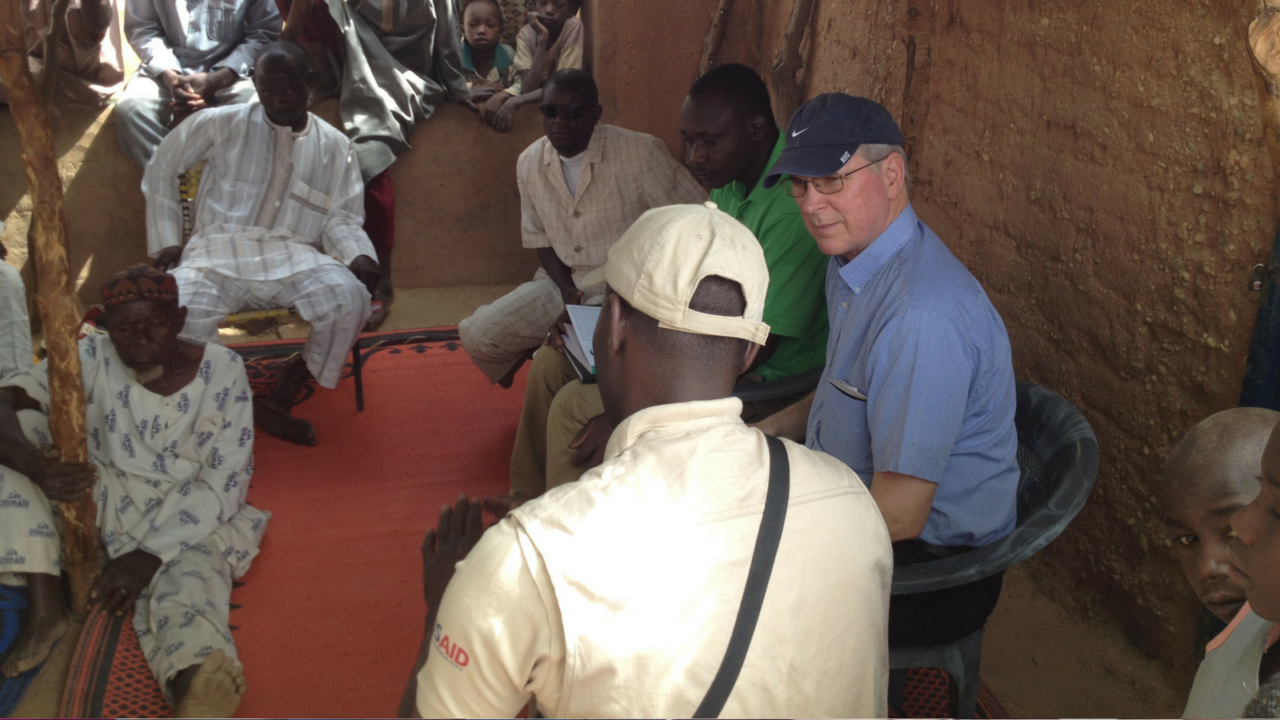
Women and men need to work together to thrive
When I was 4 and hard times came, the entire family had to pull together. This is certainly true in our food security work with families in Zimbabwe and around the world. We encourage men and women to share the domestic work that is traditionally expected only of women — 60% of the men we work with now help with the hard work of carrying water from the river or community well to the family’s house. This traditionally female activity is not only time consuming and backbreaking but also can be dangerous.
I remember carrying water for our chickens on the farm growing up. The buckets get heavier with each step!
World Vision also promotes family financial decision making, where both wives and husbands have a voice in how the family’s money is invested or spent. Children benefit when wise financial decisions are made.
I remember my parents discussing financial decisions at the supper table, which were for the benefit of our whole family. When I was 4 years old, my family was faced with a financial crisis. It was my mother going back to teaching again that really saved my family from further financial damage. My three older sisters and I were able to go to college because of that decision, which my parents made together. And as I mentioned earlier, my mother had this training as a teacher because my grandmother prioritized her education and insisted that my mother go to college in the midst of the Great Depression.
I count it a great privilege to not only be part of a farming family, but to work with farming families in Zimbabwe and around the world to strengthen their ability to financially and nutritionally care for their children.
As the U.S. celebrates our own hardworking farmers on this National Farmer’s Day, let’s also remember farmers around the world. As an organization, we are dedicated to contributing to the sustainable development goal to end hunger by 2030, and farmers play a key role in that.
Dan Norell is the Senior Technical Advisor for Economic Development at World Vision U.S.
The ENSURE project is made possible by the generous support of the American people through the United States Agency for International Development (USAID). The blog contents are the responsibility of World Vision, Inc. and do not necessarily reflect the views of USAID or the United States Government.
Worldwide, an estimated 925 million people — about 1 in 7 — are hungry. This World Farmer’s Day, join us in supporting and empowering farmers around the world!
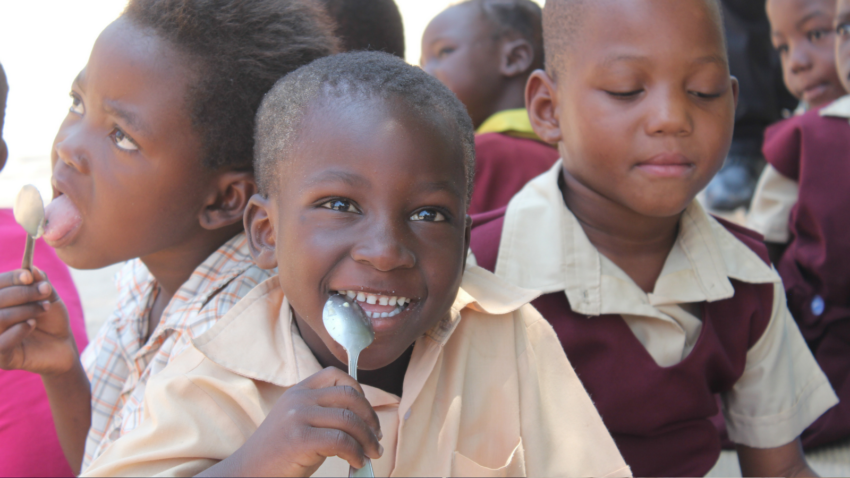
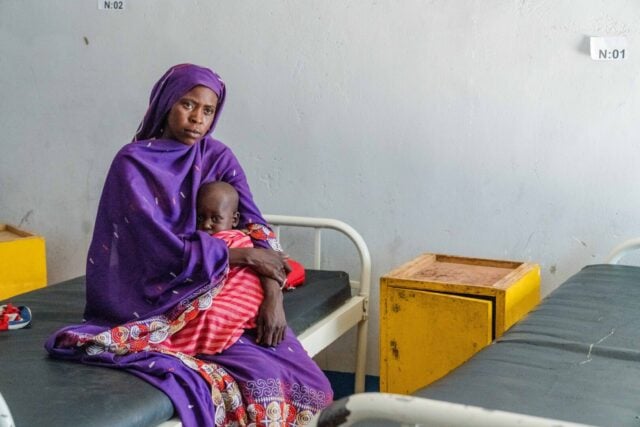

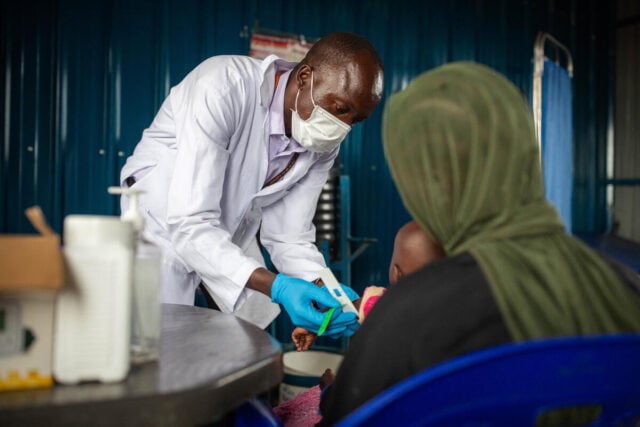
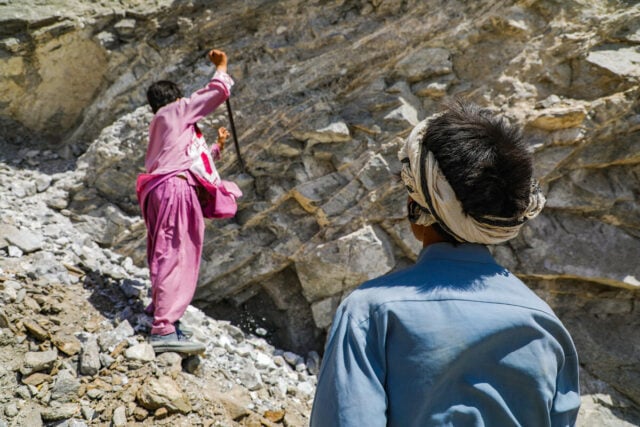
Comments